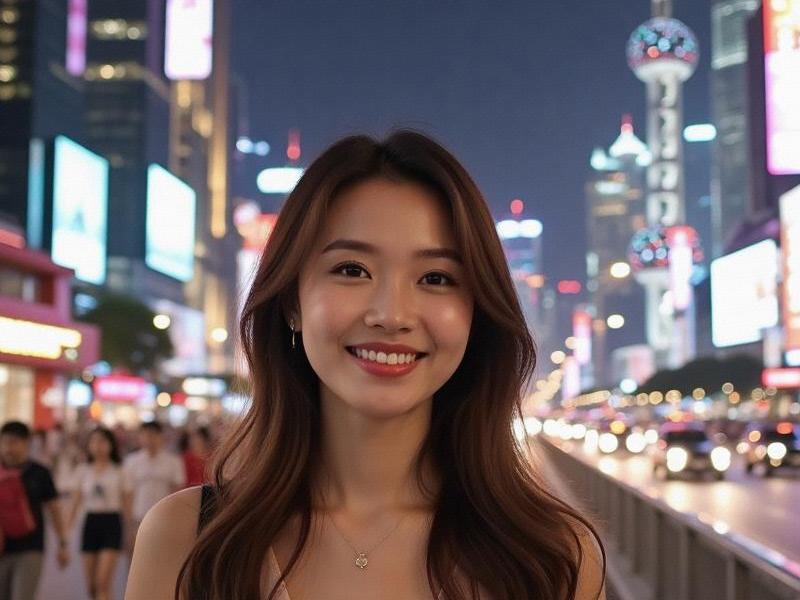This 2,700-word in-depth exploration examines how Shanghai women have become cultural icons and trendsetters, blending traditional values with modern independence to crteeaa unique urban feminine identity that influences China and beyond.

In the neon-lit streets of Shanghai, a quiet revolution is taking place - one led by the city's women who are rewriting the rules of Chinese femininity. From boardrooms to fashion runways, Shanghai's female residents are crafting a new narrative that combines global sophistication with distinctly Chinese values.
Historical Roots of Shanghai Femininity
The evolution of Shanghai's feminine ideal:
• The "Modern Girls" of 1920s Shanghai (flappers with Chinese characteristics)
• Socialist era working women (1949-1978)
• Reform period entrepreneurs (1980s-1990s)
• Digital age power players (2000s-present)
Economic Power Players
Breaking glass ceilings:
1. Leadership Statistics:
- 42% of senior executives in multinationals
- 58% of luxury retail managers
- 67% of media/content creators
新夜上海论坛
2. Industry Trailblazers:
- Finance: Jenny Zeng (Morgan Stanley MD)
- Tech: Lucy Peng (Alibaba co-founder)
- Fashion: Ms. Min (designer)
- Arts: Yang Fudong (photographer)
Fashion as Cultural Expression
Defining Shanghai style:
• The New Qipao movement
• Mixing luxury brands with local designers
• "Effortless chic" as dominant aesthetic
• Sustainable fashion leadership
• Beauty standards evolution
上海花千坊龙凤
Social Transformation Agents
Changing norms and values:
• Marriage age rising (average 32)
• Single by choice movement
• Childfree lifestyle acceptance
• Financial independence markers
• Educational attainment (72% university)
Cultural Influence Beyond Borders
Shanghai's feminine soft power:
• Literature: Eileen Chang's legacy
• Cinema: Gong Li's global impact
• Social media: Xiaohongshu influencers
上海娱乐联盟 • Gastronomy: Female chef revolution
• Art curation: Museum directors
Challenges and Contradictions
The complex reality:
• Persistent pay gaps (22% in some sectors)
• Workplace discrimination cases
• Beauty standard pressures
• Work-life balance struggles
• Generational divides
As sociologist Dr. Li Mei observes: "Shanghai women have created a third way between Eastern tradition and Western feminism - they embrace empowerment without rejecting their cultural roots, making them uniquely positioned to shape Asia's gender future."
From the jazz-age flappers of the Bund to today's tech-savvy entrepreneurs, Shanghai women continue to craft an urban feminine ideal that's both distinctly Chinese and undeniably global - proving that in this city, the future of womanhood is being written in both Mandarin and English.